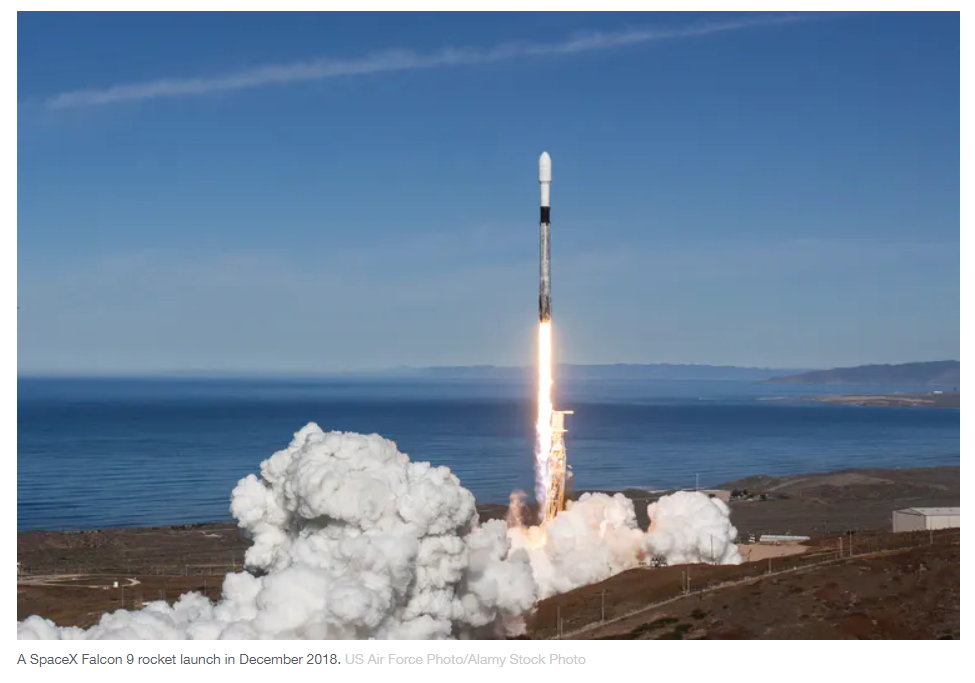Recently, two of the worlds’ billionaires flew into space. For them and many others this an achievement as it took years of delay and several expensive setbacks.
Equally for many this space race increases our environmental and climate risks. Each space flight needs multiple propellant to make it out of Earth’s atmosphere. Propellants emit greenhouse gases and soot which trap heat in the atmosphere, contributing to global warming. Cooling of the atmosphere can also occur, as clouds formed from the emitted water vapour reflect incoming sunlight back to space. A depleted ozone layer would also absorb less incoming sunlight, and so heat the stratosphere less.
Virgin Galactic plans to offer 400 spaceflights each year to those who can afford them. Blue Origin and SpaceX have yet to announce their plans. But globally, rocket launches wouldn’t need to increase by much from the current 100 or so performed each year to induce harmful effects that are competitive with other sources, like ozone-depleting chlorofluorocarbons (CFCs), and CO₂ from aircrafts.
During launch, rockets can emit between four and ten times more nitrogen oxides than the largest thermal power plant in the UK, over the same period. CO₂ emissions for the four or so tourists on a space flight will be between 50 and 100 times more than the one to three tonnes per passenger on a long-haul flight.
Rockets can emit 100 times more CO₂ per passenger than flights – imagine a whole industry
At a time when the effects of climate change and how to mitigate these are one of humanity’s significant challenges, emissions from space flights into the upper atmosphere is a leisure activity we can do without.
Changes to the way we travel and work during the Covid 19 pandemic has had a positive impact on our environment.
Lessons learnt during the pandemic and science need to be implemented by all, particularly by people with the means to influence meaningful changes that stand to effect generations to come. – This article is by Rahul Chopra, a Sustainability and Climate Change Consultant and Forum Director of the New Zealand Sustainability & Policy Leaders Forum.




